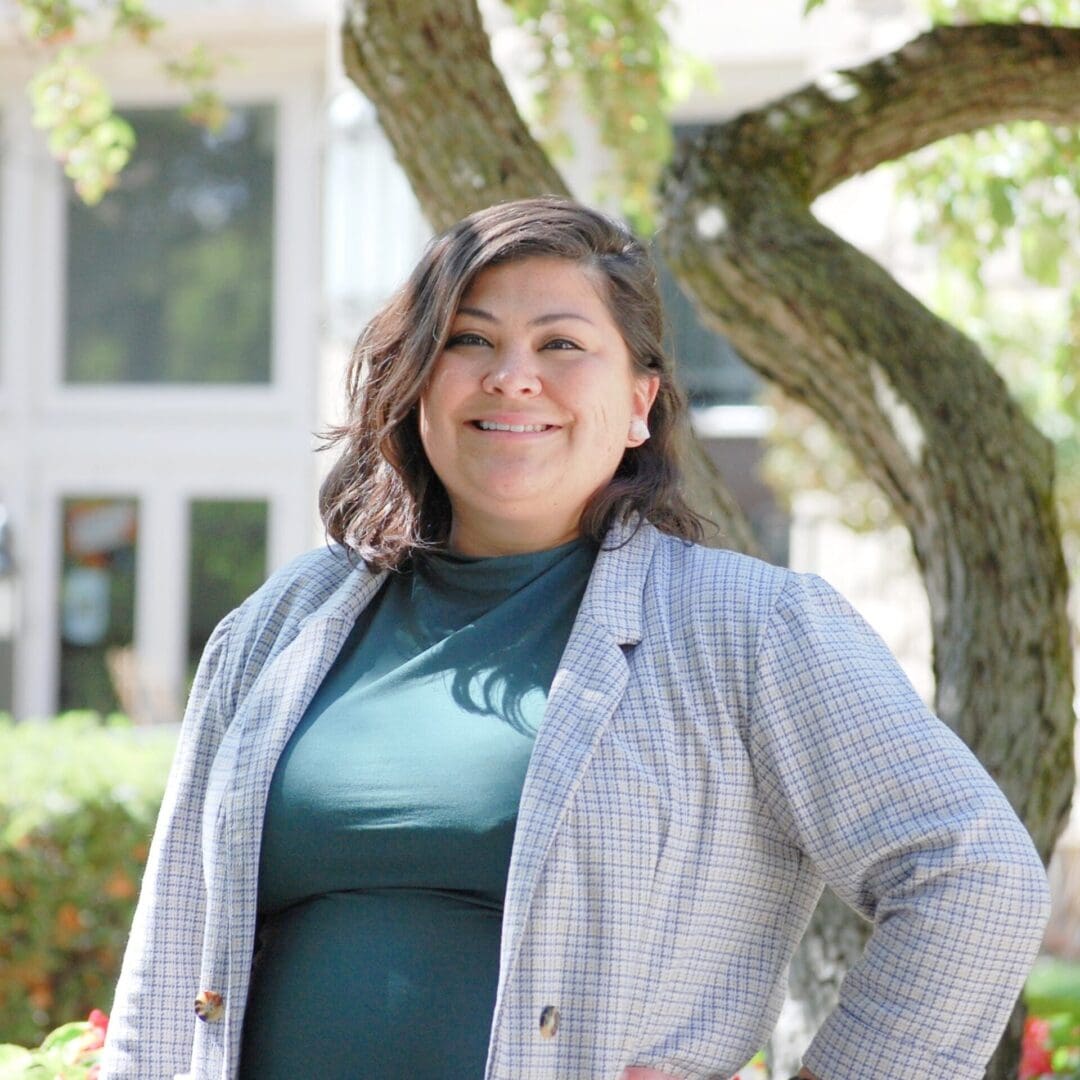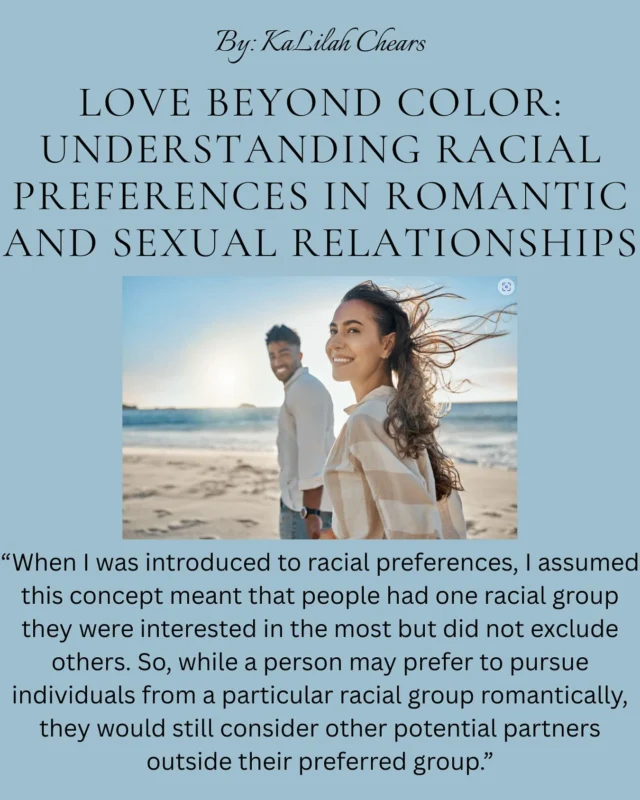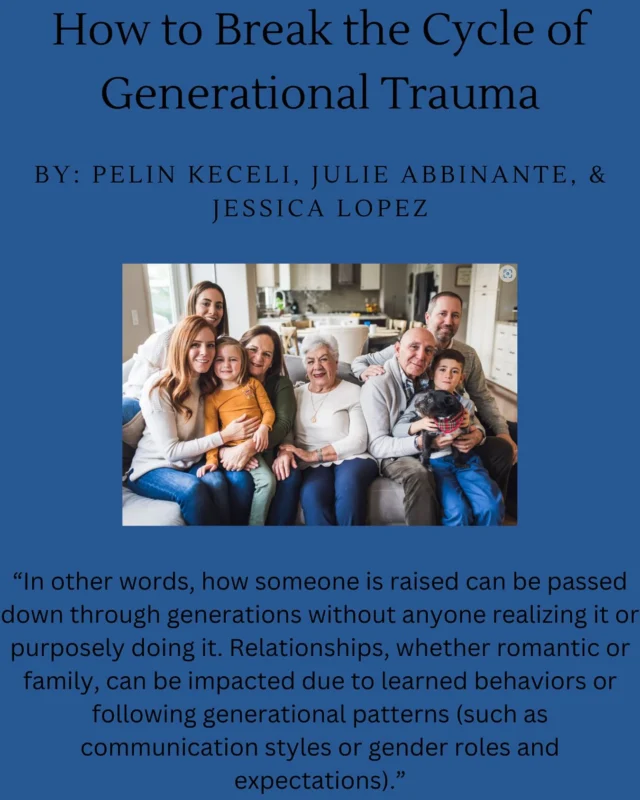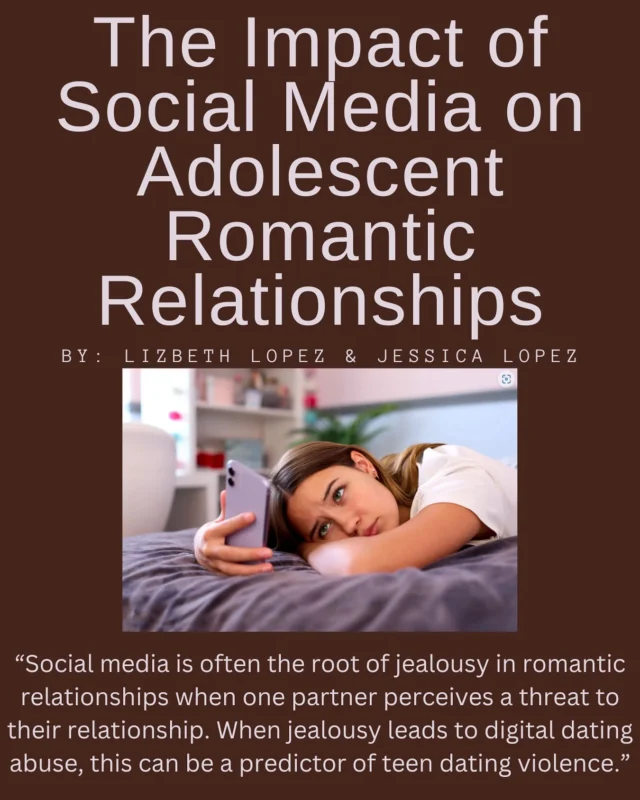Have you ever been unable to forgive someone for wronging you? Maybe someone was unable to forgive you and you couldn’t understand why. In this blog, we will review the factors of forgiveness, dispositional forgiveness, differentiation of self, the way attachment impacts forgiveness, and the importance of forgiveness in romantic relationships. We hope this post will give readers more insight into forgiveness and how this process can be freeing, healing, and can even restore couple and family relationships. It’s important to recognize that sometimes there is behavior that we shouldn’t tolerate from a romantic partner, but for the majority of issues experienced by couples and families forgiveness is an essential element for the health and stability of these relationships.
Factors in Forgiveness
There are many factors that may play into our individual willingness to forgive others. Gismero-González et al. (2019) conducted a study examining forgiveness including the measurement of specific variables and their connection to the harmed parties’ consideration of the transgression. The reasoning for looking at specific factors was because of the varying interpretations of offenses according to individuals’ personal attitudes regarding forgiveness and motives behind the wrongdoing. The study examined four variables:
- Time elapsed: The connection between time passed since the transgression and forgiveness was not as clear as expected. The following factors along with the time elapsed may have more of an impact on the willingness to forgive.
- Frequency: When a situation occurs more frequently, forgiving may become more difficult. According to the study, when the individual believes that the transgression will not happen again, they are more likely to forgive. If the offense becomes recurrent, the victim may feel the efforts of mending the relationship are one-sided.
- Perceived Severity: As expected, the severity of the wrongdoing greatly impacts the likelihood of forgiveness. When the offense is severe, the victim is more likely to form negative opinions about the transgressor, making forgiveness less likely and a mended relationship less desirable.
- Perceived intention: Whether the offense is purposeful or accidental greatly impacts the likelihood of forgiveness. The victim will often consider intention and severity together in determining if forgiveness is deserved in the situation.
Dispositional Forgiveness
It is true that some of us are more forgiving than others. Dispositional forgiveness refers to the ability to change how one views a transgression from a negative to a positive or neutral to eliminate adversity (Thompson et al., 2005). What is it that makes some of us more forgiving than others? Why would some people prefer to hold grudges against those that have wronged us, even when it was a small offense?
According to Aloia & Pederson (2021) there are two factors that explain the patterns in forgiveness: trait anger and empathetic concern. In their study, they found a negative association between trait anger and self, other, and situational forgiveness as well as a negative association between trait anger and empathetic concern. The two suggest that trait anger and empathetic concern may be explained through social learning theory, including children experiencing verbal aggression at home and resulting in being inclined to anger.
In other words, when we grow up in a home where aggression is the norm, we are likely to engage in activity that encourages anger. Unforgiveness may be an excuse to be angry for some people. For those that were conditioned to be empathetic, forgiveness may come easier. Empathetic people strive to see the viewpoint of the other and resolve adversity. How we learn to handle conflict will stay with us into adulthood and may be the difference in our efforts to understand each other.
Differentiation of Self
Differentiation of self is the degree of separation that stems from emotional fusion in relationships. Fusion occurs in the context of a personal or shared relationship with others and reaches its greatest intensity in the emotional interdependency of a marriage (Bowen, 1978, cited in Gilbert, 2004). When an individual differentiates, they establish their own identity outside of their family unit or relationship. This means that they are able to think, process emotions, make decisions, and form opinions without input from those they may have been previously fused with. Differentiation of self is important in establishing a relationship while remaining independent and preventing the possibility of suppressing uniqueness (Lampis et al., 2017, cited in Telli & Guler, 2023).
Within the dynamics of a romantic relationship, fusion or a lack of differentiation can lead to difficulties within the relationship. Those with low levels of differentiation may experience the need for constant approval from their partner and lose their individuality in the marriage or partnership. These individuals are also more likely to develop physical and emotional problems, as well as psychological symptoms (Telli & Guler, 2023). Low levels of differentiation of self were also associated with higher levels of jealousy in a relationship. This results from a lack of adaptive emotional processes and abilities to manage their autonomy (Telli & Guler, 2023).
To begin differentiating from a partner or family system, start by identifying values and principles that are important to you. It’s also important to try and set clear boundaries around things that are important or make you feel uncomfortable (Gilbert, 2004). Those who have gone through this process of differentiating have found to have a positive correlation with relationship satisfaction, relationship adjustment, and forgiveness. They are also able to establish a healthy balance between togetherness and individuality which influences marital satisfaction (Telli & Guler, 2023). The reason that individuals with a higher differentiation of self have a more positive relationship with forgiveness and marital satisfaction is because this factor influences effective problem solving. Those who have a strong sense of individuality are able to think more clearly about how certain circumstances affect them instead of relying on guidance from their partner.
Attachment
The role of attachment in romantic relationships has been discussed many times on this blog. Previous experiences from childhood and past relationships directly affect how an individual manages their emotions and responds to situations in current relationships. Insecure attachment styles, including anxious and avoidant, have been found to impact the way a person approaches forgiveness in their relationship. Karadogan and Tagay (2022) found that those with avoidant attachment are much less likely to forgive their spouse during an argument. This correlation is because these individuals are more likely to lack empathy skills and perceive the offender in the argument as worthless or unworthy of forgiveness (Burnette et al. 2009, cited in Karadogan & Tagay, 2022).
Developing a secure attachment is associated with behaviors such as adaptive emotional regulation, internal locus of control, and interdependence. Those with insecure attachment have a harder time acquiring these strengths which makes the process of forgiveness much more difficult. The act of forgiveness requires an individual to accept their feelings of anger and retaliation, control them, and then turn them into positive emotions (Karadogan & Tagay, 2022). This process isn’t smooth sailing for those who often get stuck in their negative emotions.
These may seem like difficult obstacles to overcome if you have developed insecure attachment behaviors throughout your relationship experiences. However, researchers have found a protective factor which buffers the relationship between insecure attachment and forgiveness; this factor is empathy. This is a resource for emotional regulation and forgiveness after hurtful interactions. This component of meeting your partner where they’re at and reassuring them can result in a capacity for forgiveness. Karadogan and Tagay (2022) also encourage bringing in family and couple counselors to work through an individual’s attachment history to promote the use of forgiveness and emotional regulation behaviors.
The Importance of Forgiveness in Romantic Relationships
Forgiveness and self-compassion are related components that have been found to be associated with marital satisfaction (Fahimdanesh et al., 2020). Wrongdoings can vary in severity whether it is slacking on household duties or an extramarital affair, also taking into consideration the intentions of the transgression, forgetting an important date, or missing an important event due to wanting to stay out with friends (Conradi, 2022). It is important to communicate when we feel that we have been wronged in our relationships. If we hold back our feelings and do not let our partners know how we feel about what they have done, then they are unlikely to change their actions.
We encourage you to have conversations with your partners about your expectations in your relationship. Some conversations are hard to have, but vital in growing together as a couple. If we hold onto anger about small offenses, like forgetting to do the dishes, they are likely to build up until we feel resentment towards our partners. Consider how difficult it will be to forgive a more substantial offense if we are holding onto anger from small things. Committing to communicating your feelings to your partner will help to build a solid foundation as a couple.
Since relationships are formed between people with different backgrounds, communication styles, personalities, and life experiences we are bound to encounter conflict from time to time. The critical part is how this conflict is resolved and whether or not you are willing to take the steps to work through it with your partner. Forgiveness requires empathy, recognizing your partner’s or family member’s perspective, and the ability to put aside your negative emotions to work through it and to ultimately forgive one another.
References
- Aloia, L.S. & Pederson, J. (2021). Dispositional forgiveness in emerging adulthood: The Influence of family verbal aggression, trait anger, and empathetic concern. Western Journal of Communication, 85(5), 675-691.
- Conradi, H.J. (2022). Relative contributions of actor and partner forgiveness and Attachment to couples’ functioning. Family Relations, 72, 1032-1048.
- Fahimdanesh, F., Noferesti, A., & Tavakol, K. (2020). Self-compassion and forgiveness: Major predictors of marital satisfaction in young couples. The American Journalof Family Therapy, 48(3), 221-234.
- Gismero-González, E., Jódar, R., Martinez, M.P., Carrasco, M.J., Cagigla, V., & Prieto-Ursúa, M. (2019). Interpersonal offenses and psychological well-being:The mediating role of forgiveness. Journal of Happiness Studies, 21, 75-94.
- Gilbert (2018). The Eight Concepts of Bowen Theory. Falls Church, VA: Leading Systems Press.
- Karadogan, F.M. & Tagay, Ö. (2022). Predictive role of attachment styles and emotion regulation on forgiveness in married people. Current Approaches in Psychiatry, 14(1), 128-136.
- Telli, A., & Güler, Ç.Y. (2023). Differentiation of self, forgiveness, jealousy, and conflict resolution responses among married individuals: The mediating role of relationship satisfaction, relationship adjustment, and emotional dependency.Contemporary Family Therapy, 45, 157-171.
- Thompson, L.Y., Snyder, C.R., Hoffman, L., Micheal, S.T., Rasmussen, H.N., Billings, L.S., Heinze, L., Neufeld, J.E., Shorey, H.S., Roberts, J.C, & Robert, D.E. (2005). Dispositional forgiveness of self, others, and situations. Journal of Personality, 73(2), 313-360.
Discover more from Decide To Commit
Subscribe to get the latest posts sent to your email.













